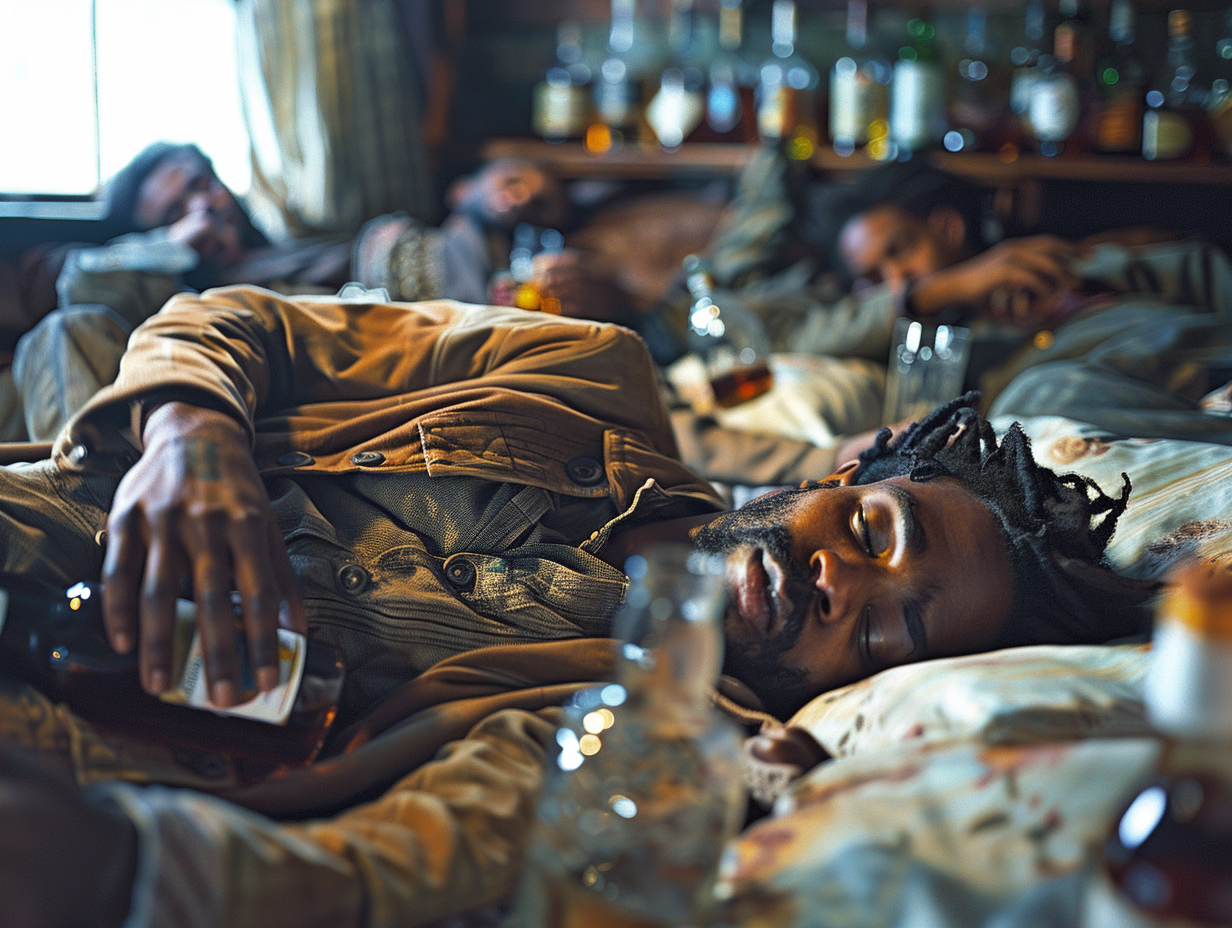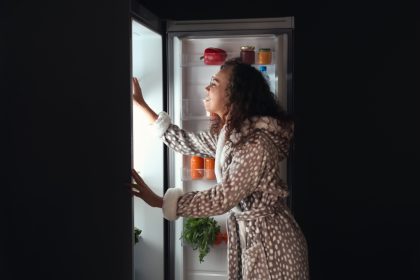When you find yourself nursing a hangover after a night of drinking too much, your mind might spin a series of lies that sound incredibly convincing at the time. From trivial self-assurances to more serious justifications, these lies can be a humorous yet telling reflection of our coping mechanisms. Let’s dive into the seven common lies that people tell themselves after drinking too much, why they do it, and how recognizing these falsehoods can help us make better decisions about alcohol consumption.
1. “I’ll Never Drink Again”
Lie: This is perhaps the most frequent and fleeting promise made after a night of excessive drinking. The severity of a hangover often prompts this dramatic declaration.
Truth: While this vow feels earnest in the throes of post-drinking misery, it’s usually not long-lasting. Once the pain subsides, the memories of fun and social bonding often overshadow the negative aftermath, leading you back to square one.
Strategies to Drink Responsibly
Instead of swearing off alcohol entirely, consider setting realistic limits for yourself. Recognize your triggers and situations where you tend to drink too much, and plan strategies to moderate your drinking in these contexts.
2. “I’m Fine to Drive”
Lie: After drinking too much, your judgment can be severely impaired. Despite this, many convince themselves that they are in a suitable state to drive.
Truth: Alcohol significantly affects your motor skills, reaction times, and decision-making abilities. Thinking you’re fine to drive is not only incorrect but dangerous.
How to Ensure Safe Transportation
Always plan a safe way to get home when you anticipate drinking. Options like ridesharing services, taxis, or designated drivers are safe alternatives that can prevent potential tragedies.
3. “I Drink Just as Much as Everyone Else”
Lie: It’s easy to use the behavior of others to justify excessive drinking.
Truth: Drinking habits are highly personal, and comparing your consumption to others can lead to misguided conclusions about what is safe or acceptable for you.
Understanding Personal Limits
Recognizing and adhering to your personal limits is crucial. Everyone’s body processes alcohol differently, so it’s important to understand your own limits without comparing them to those of others.
4. “Alcohol Helps Me Relax”
Lie: Many believe that alcohol is a good solution for stress relief.
Truth: While alcohol might temporarily ease stress, it often exacerbates anxiety and depression in the long run.
Healthy Alternatives for Stress Management
Explore healthier methods to cope with stress, such as exercise, meditation, or engaging in hobbies. These alternatives provide genuine relief without the adverse effects of excessive alcohol consumption.
5. “I’m More Fun When I’m Drunk”
Lie: The belief that alcohol is needed to be fun or interesting at social events is common.
Truth: While you may feel more outgoing, your behavior could be less appropriate or enjoyable for others than you perceive.
Building Genuine Social Connections
Focus on building your confidence in social settings without relying on alcohol. True connections are formed from mutual interests and authentic interactions, not from alcohol-induced behavior.
6. “I Can Stop Anytime I Want”
Lie: This is often said to dismiss concerns about possible alcohol dependence.
Truth: If you find it hard to enjoy yourself or relax without alcohol, it might be time to evaluate your relationship with drinking.
Seeking Help if Needed
If you suspect you have a drinking problem, seeking professional help can provide you with the tools to manage your drinking responsibly. There’s no shame in asking for help.
7. “A Few More Won’t Hurt”
Lie: When already under the influence, it’s easy to underestimate the impact of a few more drinks.
Truth: Additional drinks can exacerbate the negative effects of alcohol, increasing the risk of harm.
Knowing When to Stop
It’s important to set clear boundaries for yourself before you start drinking and stick to them. Knowing when to say no can prevent many of the negative consequences associated with drinking too much.
Embracing Truth Over Lies for Healthier Drinking Habits
Recognizing the lies we tell ourselves after drinking too much alcohol can be the first step towards healthier drinking habits. By understanding and addressing these falsehoods, we can enjoy social occasions more responsibly and care for our well-being in the long term. Whether it’s setting personal limits, finding new ways to manage stress, or seeking professional help, the journey to better drinking habits is a worthwhile one.
It’s crucial to confront these self-deceptions head-on, as they often serve as barriers to recognizing and changing harmful behaviors. Acknowledging the truth about our drinking patterns enables us to make informed decisions, aligning our actions with our best interests rather than short-lived pleasures or escapes. This shift in perspective is not about imposing strict abstinence—unless necessary—but about fostering a balanced relationship with alcohol. The goal is not to deprive yourself but to make choices that enhance your health and happiness. By doing so, we can not only improve our own lives but also set a positive example for those around us.
As we continue to challenge these lies and embrace honesty, we build a foundation for a healthier, more fulfilling lifestyle. This commitment to truth helps us enjoy life’s pleasures—including social drinking—without letting them control us. Here’s to making choices that support our health and happiness, one truthful acknowledgment at a time.
This story was created using AI technology.














